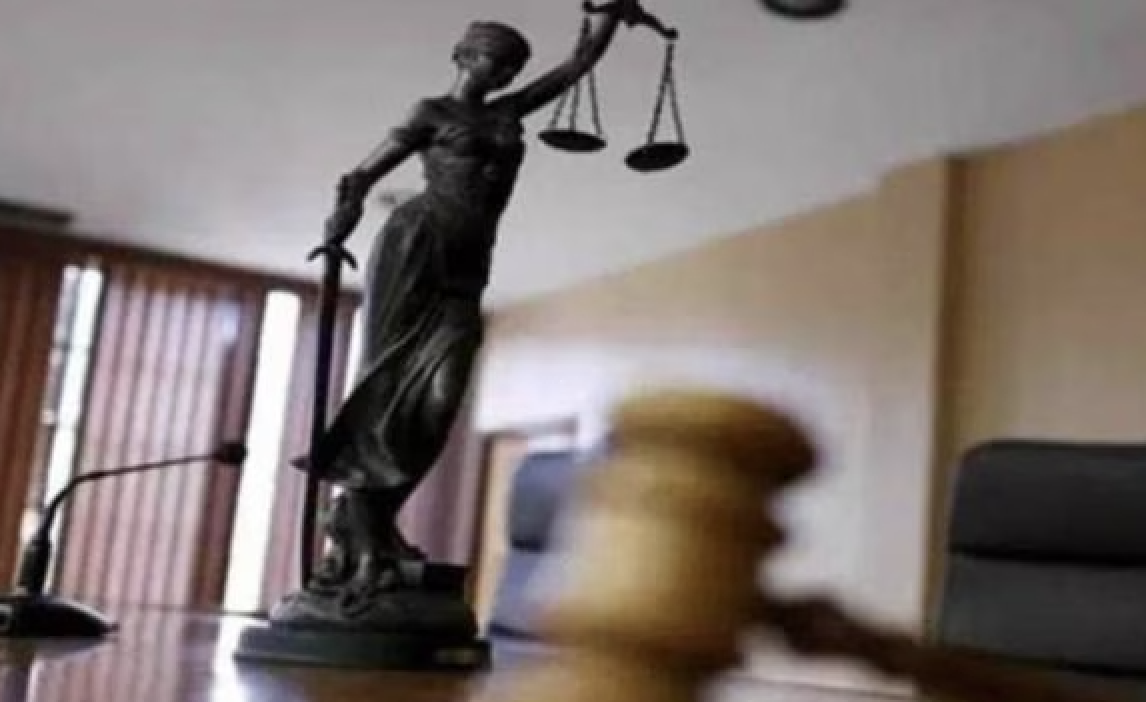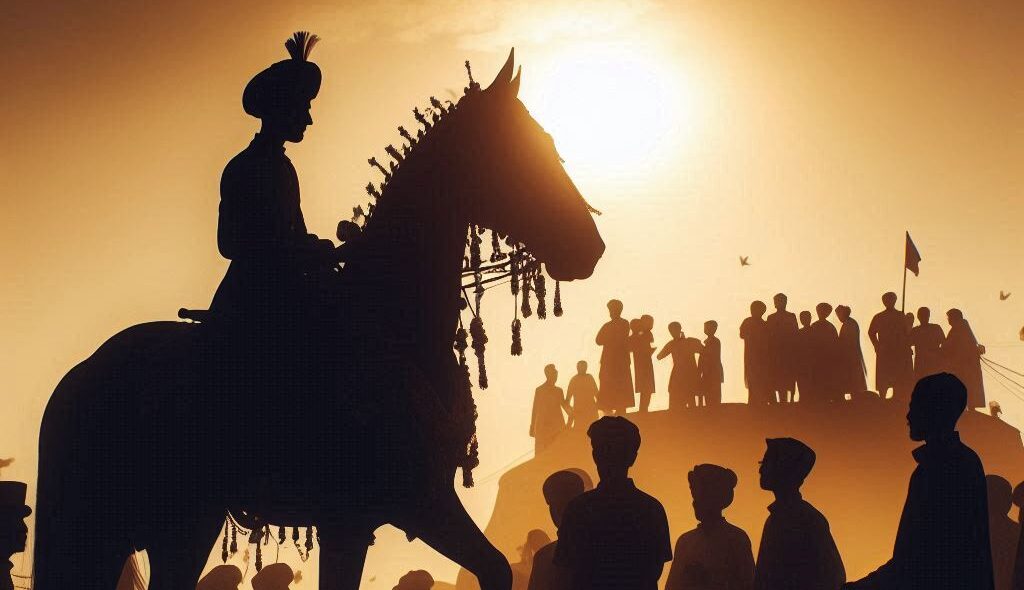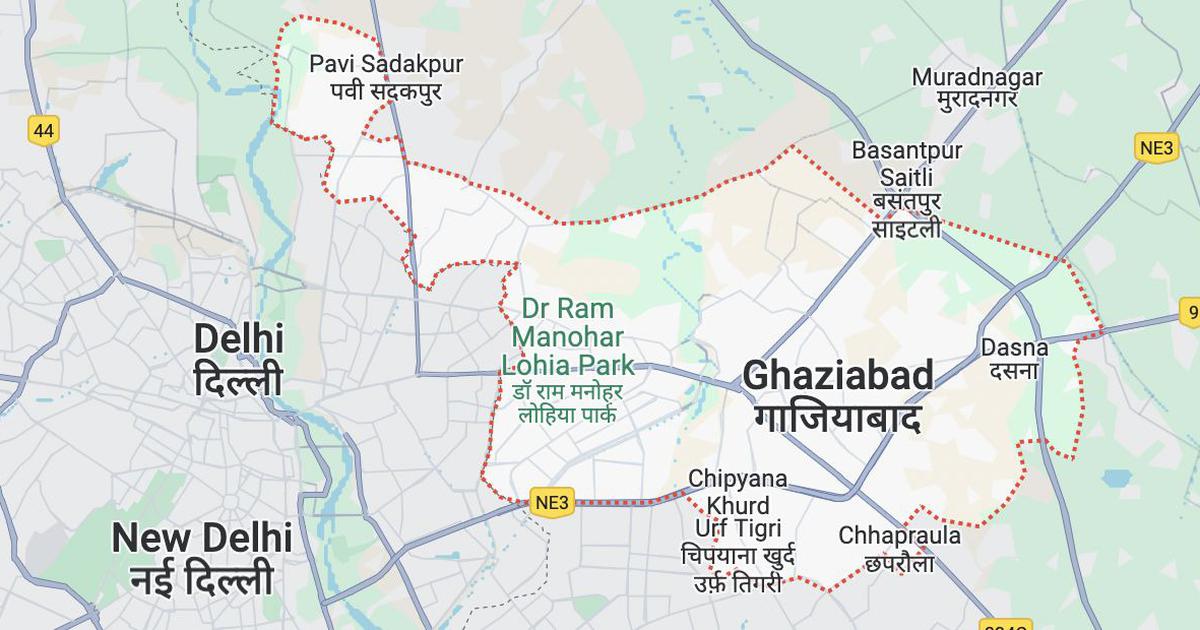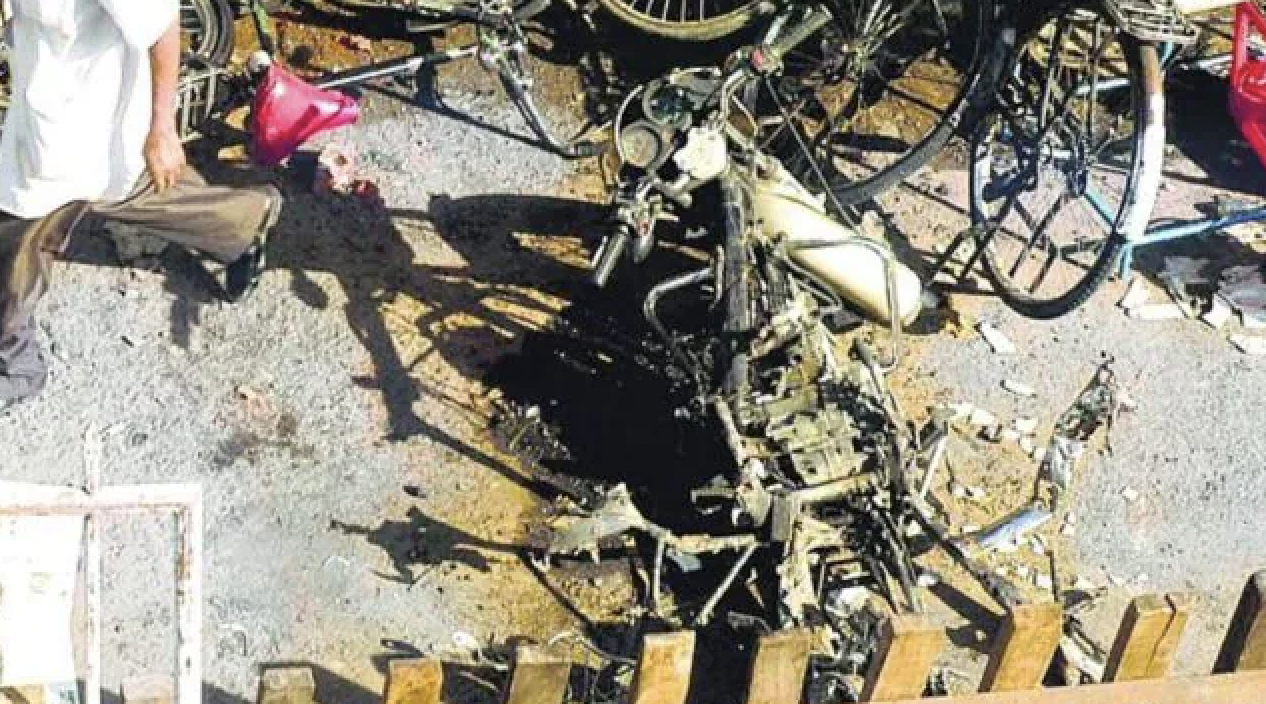
By Nikita Jain and Sumedha Pal / The Wire
Jahangirpuri (New Delhi): A number of Muslim residents of Jahangirpuri, which was witness to communal violence during a Hanuman Jayanti procession and a demolition drive afterwards, allege that they have had to face police harassment since the riots took place.
Locals of the area where demolitions took place, C Block, say that young men are often hauled up by police. While some of them had been involved in petty crimes before – residents allege that police have been hauling them up in a manner not justifying the degree of their crimes.
As men of the allegedly area move out, primarily out of fear of police action, women have alleged that they are being harassed by the police too. Minors, too, are being picked up, say locals.
Jahangirpuri’s Bano* tells The Wire that her brother was detained on May 20. “He was having lunch when some police officials from Jahangirpuri police station picked him up and took him to the station without any explanation,” she says. The family claims that he was taken to the station over charges of theft. But in an order issued by the Rohini court on May 24, Bano’s brother is named in a case pertaining to the Hanuman Jayanti violence.
Bano says she lives in a state of constant fear and that even her daughter was allegedly threatened by police.
“My husband and sons have left the city in a bid to avoid wrongful incarcerations. They weren’t even here when the [Hanuman Jayanti] violence happened. But the police came knocking at our door, asking us to ‘surrender’ them. They threatened my young daughter and said that she will be ‘picked up’ if we do not tell them the whereabouts of my sons,” she says.

Bano* and her daughter. Photo: Sumedha Pal and Nikita Jain
“We all know that they are picking up Muslim men and putting their names in the case, alleging violence,” she adds.
Akhlaq* is a ragpicker living in Jahangirpuri. Three members of his family have been picked up from the C Block area since the violence.
“Men are picked up almost every day. This has created a chaotic and fearful environment. Almost all of them are innocent. My worst fear is that these young kids, barely in their teens, are being taken into custody and being beaten up. Under the garb of smaller offences this atmosphere of a full blown crackdown is being created,” Akhlaq says.
“We are never fully free, we are constantly being watched and surveilled – from what we are eating and where we are going to the toilet, they are monitoring everything. We have become prisoners in our own homes,” he adds.
A pattern
In the immediate aftermath of the violence, the National Security Act was invoked against five of the accused in the case.
Lawyer Kawalpreet Kaur has been handling cases of some of the residents in the region.
“The detentions are in line with a recent trend displayed by Delhi Police. The victims of an attack – who are mostly from the Muslim minority community – are framed and charged as accused,” Kaur says.
She adds that this is a pattern that was seen in the arrests made in the 2020 northeast Delhi riots cases as well.

Jahangirpuri. Photo: Sumedha Pal and Nikita Jain
“Similarly, in Jahangirpuri the first batch of arrests had only Muslim names. This design is sinister. The ‘investigation’ in the cases is completely lopsided. Most people get bail after having spent a few months in jail. This must be called out. Only after Delhi Police was criticised for its one-sided investigation in Jahangirpuri did we see arrests being made among people of the Hindu community. However, this was after a whole day. And even then, those who incited the mob and their leaders weren’t arrested,” the lawyer says.
Jahangirpuri houses a significant number of people working in low-paying jobs, including daily wagers, auto drivers and factory workers. Residents pointed out how this crackdown has also been affecting their economic activities.
“The fear is not of us landing up in jail, we know we haven’t done anything. The fear is of facing custodial violence and harassment,” a local, Ifran*, says.
‘Made to pose with guns’
Danish*, a man in his 20s, says he was allegedly beaten up with a lathi by the police earlier this month. “My fault was that I intervened when a group of boys were fighting in my street,” he says.

Danish* shows his injuries. Photo: Sumedha Pal and Nikita Jain
Showing CCTV camera footage of the brawl, he went on to allege that local conflicts are becoming a plank for the police to subject Muslim youth to harassment.
“I have CCTV footage where I can be seen breaking up the fight. Yet a policeman comes [in the video] and immediately beats me up and takes me to jail,” he says, adding that two other Muslim men were also allegedly beaten up.
“In front of me, there were at least six Hindu men who had been arrested but the police did not say anything to them. But they beat us up so much that I still cannot go to work,” he adds.
He further alleged that the police demanded Rs 50,000 from him and threatened to slap the National Security Act (NSA) against him if he did not pay the amount. “They forcefully gave me guns and took my photo, saying they [the guns] were mine. This is disgusting, whatever they are doing. They threatened me and beat me up. Am I a terrorist?” he asks.
Danish was let off the same night after an agreement was reached with the police.
Meanwhile, the Delhi Police on May 7 arrested three people from Jahangirpuri in connection with the April 16 violence.
Rekha, a Hindu resident of Jahangirpuri, who lives with her family in the area, also says that there is “an atmosphere of fear in the region.”
“This has heightened since the demolition drive. I was told by some neighbours that they are leaving for their villages out of fear and that they will be back when the situation normalises,” she tells The Wire.
The Wire sought to reach DCP North West Usha Rangnani for her response on these allegations, however calls and emails have not yet been answered. This story will be updated when a response is received.
A Rohini court had criticised the Delhi Police for its conduct on April 16, observing prima facie that police had “utterly failed” in stopping the Hanuman Jayanti procession for which no permission had been granted.
“It appears that local police instead of performing their duty in stopping the said illegal procession in the beginning itself and dispersing the crowd, was accompanying them to the entire route which later on led to unfortunate riots between the two communities,” the court had said.
This article first appeared on thewire.in






